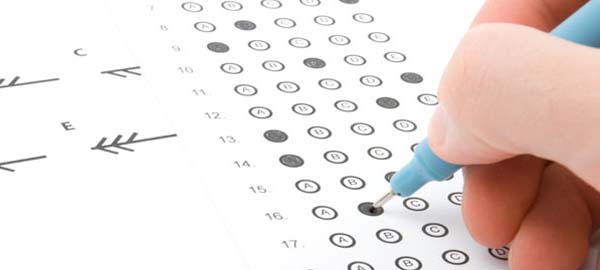Participants
Objectives of the Workpackage
- Workpackage 08.1 includes the development of a ‘Spatial distortion correction tool’ to ensure the quality of MRI data used for psychosis prediction in the PRONIA prognostic system.
- Workpackage 08.2 involves the development of intelligent sentinel systems enabling the automatic checking of data quality during prognostic evaluation processes in PRONIA.
Description of the tasks
![]() GE Healthcare and
GE Healthcare and ![]() GE Global Research have shared responsibility for the implementation of Workpackage 08.1. This WP08 task will ensure a sufficient quality of the MRI data for machine learning algorithms to detect diagnostic and prognostic patterns. The idea is to evaluate spatial distortions in the MRI image data caused by technical, physiological and morphological parameters. These influences are tested and simulated for both phantom and brain data for psychosis-related acquisition schemes (sMRI, DTI and rs-fMRI data). Different strategies will be developed to minimize these effects and summarized in a ‘Spatial distortion correction tool’. A standardized feedback will inform the operator if the data quality is high enough for downstream prognostic evaluation. After sufficient validation and necessary modifications of this tool, it will be forwarded to
GE Global Research have shared responsibility for the implementation of Workpackage 08.1. This WP08 task will ensure a sufficient quality of the MRI data for machine learning algorithms to detect diagnostic and prognostic patterns. The idea is to evaluate spatial distortions in the MRI image data caused by technical, physiological and morphological parameters. These influences are tested and simulated for both phantom and brain data for psychosis-related acquisition schemes (sMRI, DTI and rs-fMRI data). Different strategies will be developed to minimize these effects and summarized in a ‘Spatial distortion correction tool’. A standardized feedback will inform the operator if the data quality is high enough for downstream prognostic evaluation. After sufficient validation and necessary modifications of this tool, it will be forwarded to ![]() WP03 and
WP03 and ![]() WP09 for integration into the PRONIA prognostic system.
WP09 for integration into the PRONIA prognostic system.
![]() Uni Basel and
Uni Basel and ![]() LMU will conjointly develop methods for outlier detection that are capable of automatically checking the quality of the acquired data (e.g. MRI scans) and of the downstream data processing steps. These methods will rapidly inform the operator of the PRONIA prognostic system about the help-seeking person’s data quality, thus allowing for high flexibility and prognostic safety within the overall diagnostic workflow of PRONIA prognostic services.
LMU will conjointly develop methods for outlier detection that are capable of automatically checking the quality of the acquired data (e.g. MRI scans) and of the downstream data processing steps. These methods will rapidly inform the operator of the PRONIA prognostic system about the help-seeking person’s data quality, thus allowing for high flexibility and prognostic safety within the overall diagnostic workflow of PRONIA prognostic services.










